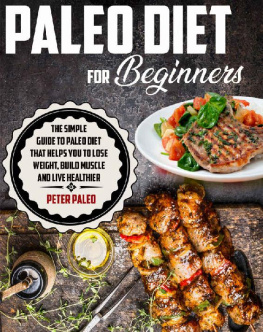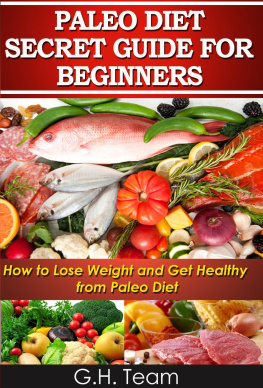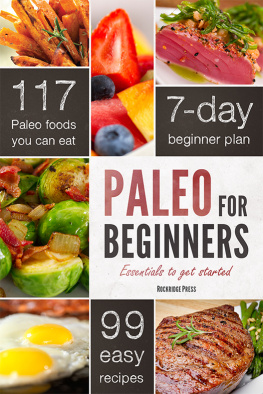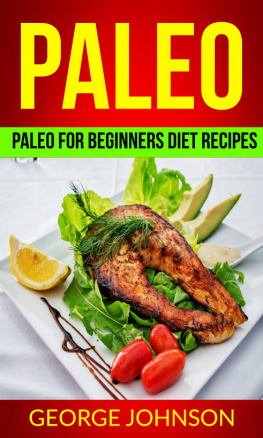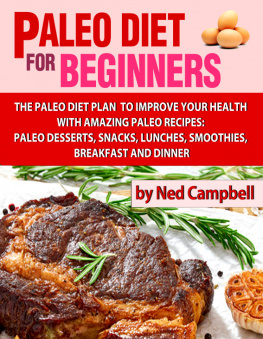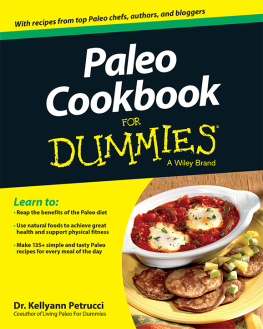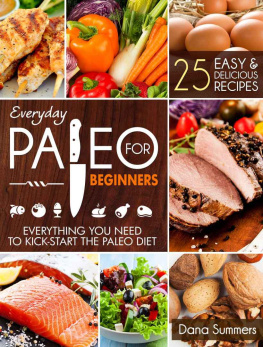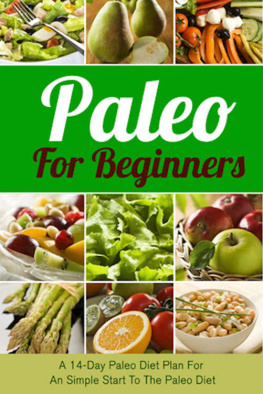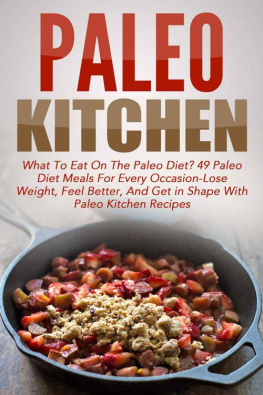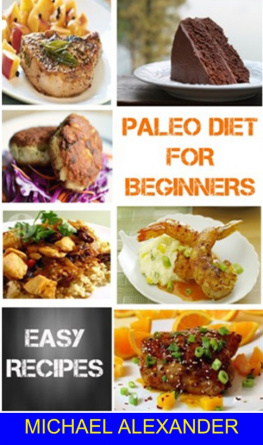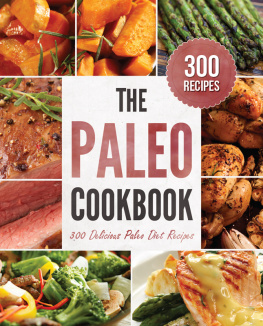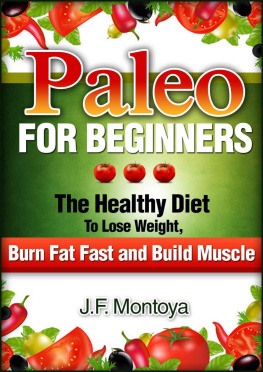COPYRIGHT
Copyright 2018 by Peter Paleo - All rights reserved.
This document is geared towards providing exact and reliable information in regards to the topic and issue covered. The publication is sold with the idea that the publisher is not required to render accounting, officially permitted, or otherwise, qualified services. If advice is necessary, legal or professional, a practiced individual in the profession should be ordered.
- From a Declaration of Principles which was accepted and approved equally by a Committee of the American Bar Association and a Committee of Publishers and Associations.
In no way is it legal to reproduce, duplicate, or transmit any part of this document in either electronic means or in printed format. Recording of this publication is strictly prohibited and any storage of this document is not allowed unless with written permission from the publisher. All rights reserved.
The information provided herein is stated to be truthful and consistent, in that any liability, in terms of inattention or otherwise, by any usage or abuse of any policies, processes, or directions contained within is the solitary and utter responsibility of the recipient reader. Under no circumstances will any legal responsibility or blame be held against the publisher for any reparation, damages, or monetary loss due to the information herein, either directly or indirectly.
The information provided in this book is for educational and entertainment purposes only. The author is not a physician and this is not to be taken as medical advice or a recommendation to stop taking medications. The information provided in this book is based on the authors experiences and interpretations of the past and current research available. You should consult your physician to insure the daily habits and principles in this book are appropriate for your individual circumstances. If you have any health issues or pre-existing conditions, please consult your doctor before implementing any of the information you have learned in this book. Results will vary from individual to individual. This book is for informational purposes only and the author does not accept any responsibilities for any liabilities or damages, real or perceived, resulting from the use of this information.
Respective authors own all copyrights not held by the publisher.
The information herein is offered for informational purposes solely, and is universal as so. The presentation of the information is without contract or any type of guarantee assurance.
The trademarks that are used are without any consent, and the publication of the trademark is without permission or backing by the trademark owner. All trademarks and brands within this book are for clarifying purposes only and are owned by the owners themselves, not affiliated with this document.
Table Of Contents
INTRODUCTION
For over 50 years dietary professionals have been telling us what to eat and drink. Theyve told us to consume lots of grains and carbohydrates, drink milk, avoid cholesterol, stay away from red meat and run screaming at the sight of fat. The result? For over 50 years our waistlines have expanded, with obesity growing from 12% of the population back then to 35% today. You can see it in your neighborhood, with people ballooning year by year. Kids are so overweight they cant play tag anymore. Middle-aged people need walking frames because their bones cant support their weight. And most peoples medicine cabinets look like somebody in the house has got cancer.
Something has gone terribly wrong.
The government has admitted as much. Recently, they've announced theyre dropped the low-fat diet as well as their guidelines for avoiding cholesterol. These changes came after it became clear that Harvards clinical trials could not replicate the research findings on which many of the dietary guidelines are based.
The question then becomes, if not that diet which one then? Obviously, if theyve been misguiding us for the ever so many years, then we need to return to an older, more honest way of living. A way that weve evolved to follow and which naturally suits our bodies. We should, in other words, return to the Paleo Diet.
Our prehistoric ancestors ate and lived very differently. The result was that they lived longer and their lives were healthier. So if we can return to a lifestyle more in line with how they lived, our lives will improve as well. Well have more energy, live more honestly, be sick less often, reduce our weight and bring ourselves in line with how were supposed to live. Our lives will return to something as close to natural as is possible in this modern-day world.
Unlike most fad diets, the Paleo diet is a sustainable, long-term diet. It regulates hormonal balance and positive gene expression. This leads to better health and well-being, enhanced athletic performance and body composition. The Paleo diet is a one of the most widely supported diets in the world. Celebrities, clinical experts and dietitians recommend it as the best way to restore balance, fight medical conditions and reduce the waistline.
Also known as the caveman diet, the stone-age diet or hunter-gatherer diet, the Paleo Diet is low in carbohydrates, while being high in protein and fat. It focuses on the consumption of fruits, vegetables and nuts and rejects processed and man-made foods. The diet's central premise is that humanity has not changed much since our hunter-gatherer past. Thus we should shift away from modern culinary inventions. Instead we should focus on eating the way we did back then in order for us to live longer and healthier lives.
It was originally conceived by Walter L. Voegtlin, a famous gastroenterologist, in the 1970s. His version was meat-based and contained few carbohydrates. The diet gained mainstream attention in the 1980s through the work of Melvin Konner and S. Boyd Eaton. They modified it so that it included some foods not available to hunter-gatherers, like whole-grain bread.
Whatever the name or the specific guidelines, you can't deny the diet's benefits. Millions swear by it, convinced it has changed their lives for the better. It's not just them. Every year, new studies supporting their claims that it has physical and psychological health benefit are published.
So what are you waiting for? Dont live a junk life, dont choose for junk food. Instead, opt for a healthier way of life, choose less stress, choose reduced depression, and choose less medicine. Choose Paleo.
Before engaging in a new diet consult a doctor or a dietician
Please be aware that changing your diet to a Paleo Diet is a serious undertaking, which will change what you eat and how you live life. It should not be undertaken without careful consideration. Before
starting on the diet, speak to your doctor or a dietitian, especially if youve got a preexisting medical condition.

GOING PALEO WAY

To go Paleo you need to avoid grains, potatoes, legumes, dairy, refined and processed products, certain vegetable oils, and refined sugar. Instead, focus on fish, grass-fed meats, fruits, and vegetables. Fresh organic produce from a local source is even better. Unlike what you may have heard, the Paleo Diet is not a strict raw-food diet and food can be eaten either raw or cooked. Practitioners encourage a great deal of variety in the diet to ensure the proper balance of vitamins and minerals.

